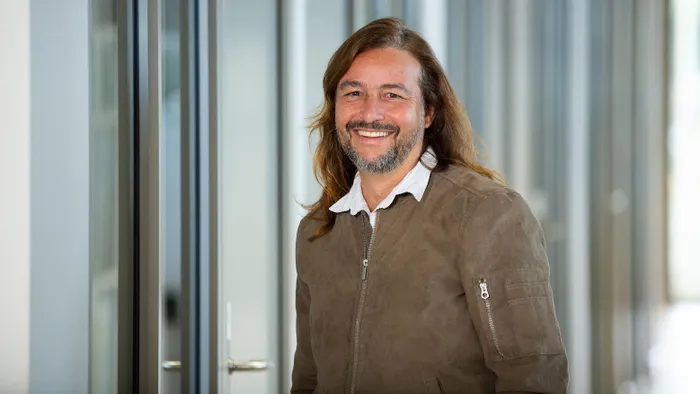Stellenbosch epidemic expert ranks among world’s top researchers

For the second year running, Professor Tulio de Oliveira, director of Stellenbosch University’s centre for epidemic response and innovation (CERI), has been named among Clarivate’s Highly Cited Researchers for 2025.
Image: Supplied
For the second year running, Professor Tulio de Oliveira, director of Stellenbosch University’s centre for epidemic response and innovation (CERI), has been named among Clarivate’s Highly Cited Researchers for 2025.
The university stated that Professor de Oliveira has appeared in the Cross-Field category and is one of just 11 South African academics included in the global ranking, which recognises researchers whose published work ranks among the top 1% most cited worldwide.
He described the achievement as a reflection of his team’s work rather than an individual milestone.
“Being named a Highly Cited Researcher is not just a personal achievement; it represents the collective effort of my team at CERI and the vibrant research community at Stellenbosch University. It inspires us to keep pushing the boundaries of knowledge and contributing to a healthier, more resilient world,” he said.
Clarivate’s annual list highlights scientists who significantly influence their disciplines and advance global innovation. To qualify, researchers must produce multiple papers that rank in the top 1% of citations in their field over an 11-year period, as measured in the Web of Science Core Collection. The selection process also factors in expert review and strict integrity criteria.
Professor Sibusiso Moyo, Stellenbosch University's deputy vice-chancellor for research, innovation and postgraduate studies, said the recognition is an indication of the university's global competitiveness.
“We take immense pride in his contributions and in his efforts in training the next generation of scientific leaders across the continent. This also shows the importance of investment in our people, research, and innovation infrastructure, to ensure we remain globally competitive,” she said.
Clarivate said it has tightened its selection filters in recent years to address issues such as excessive self-citation, hyper-prolific authorship, and questionable publication practices. Papers with more than 30 authors, or those linked to scientific misconduct, are excluded.
“As the need for high-quality data becomes ever more important, we have adapted and responded to technological advances and shifts in the publishing landscape.
"We continue to refine our evaluation and selection policies to address the challenges of an increasingly complex and polluted scholarly record,” said David Pendlebury, head of research analysis at Clarivate’s Institute for Scientific Information.
Clarivate added that the 2025 analysis awarded 7 131 designations to 6 868 researchers across 60 countries, but more than 86% of the honours were concentrated in just 10 nations. More than 2000 candidates were excluded this year for failing to meet revised integrity standards.
Related Topics: